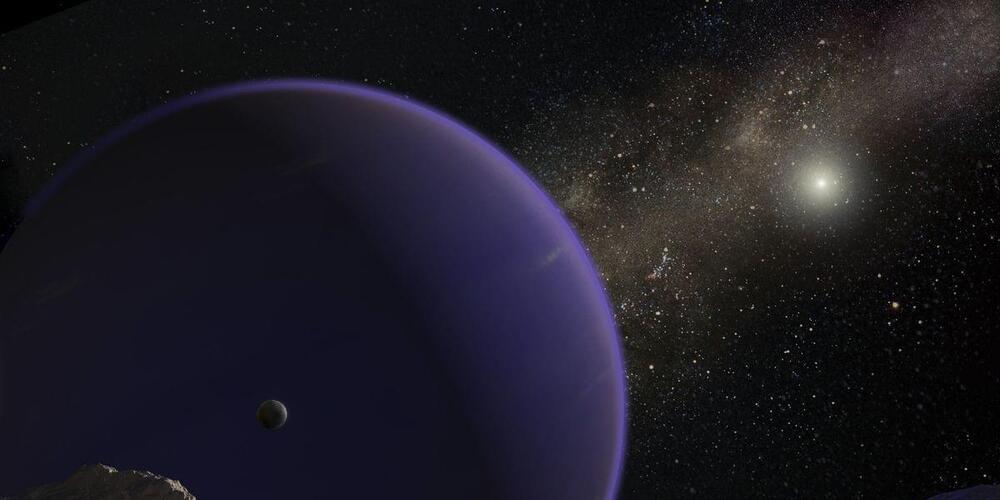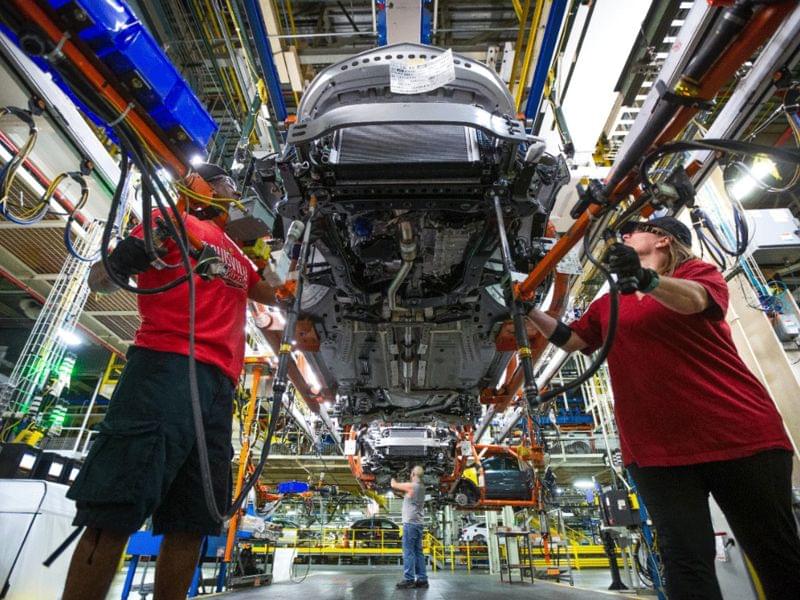Oct 10, 2021
It’ll Soon be Possible to Make Satellite Phone Calls With Your Regular Phone
Posted by Genevieve Klien in categories: mobile phones, space
Not all who wander are lost – but sometimes their cell phone reception is. That might change soon if a plan to project basic cell phone coverage to all parts of the globe comes to fruition. Lynk has already proven it can use a typical smartphone to bound a standard SMS text message off a low-earth-orbiting satellite, and they don’t plan to stop there.
Formerly known as Ubiquitilink, Lynk was founded a few years ago by Nanoracks founder Charles Miller and his partners but came out of “stealth mode” as a start-up in 2019. In 2020 they then used a satellite to send an SMS message from a typical smartphone, without requiring the fancy GPS locators and antennas needed by other, specially made satellite phones.
Continue reading “It’ll Soon be Possible to Make Satellite Phone Calls With Your Regular Phone” »


















